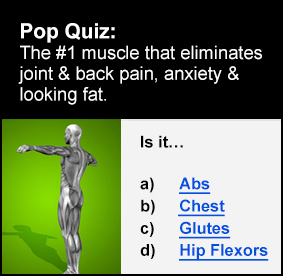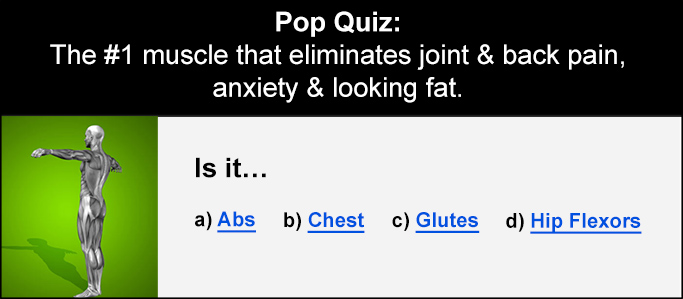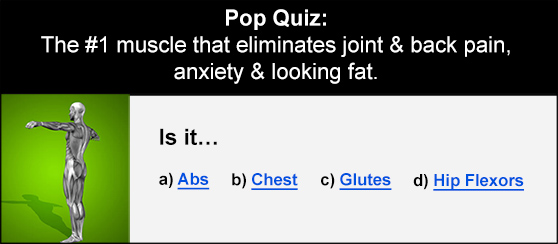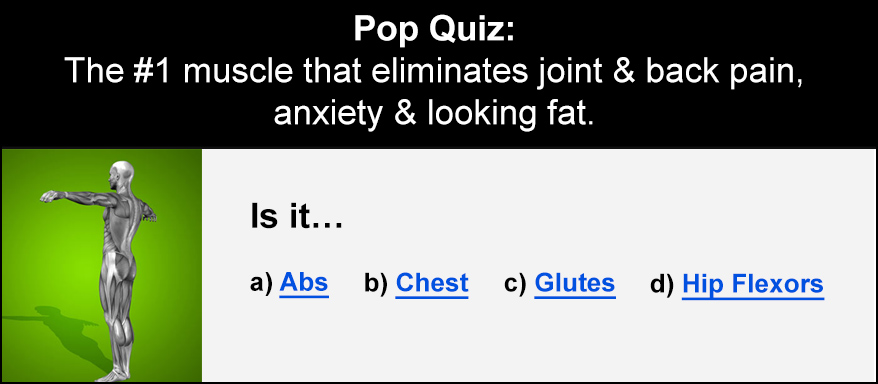
If you’ve been hearing a lot about NAD these days and the many limitless claims being made about how it will do nearly everything, except clean your house for you, well, you are not alone. It seems NAD has made an impressive and explosive presence in the wellness industry and it is garnering not only a massive amount of attention, but it is also saturating social media platforms with almost “celebrity status”!
So what is the big deal about NAD? Why all the hype? Is this something we should be paying serious attention to, or is this just another fad in the health and wellness industry with the main intention being only to sell us another “super supplement?” If you have these questions and many more, well, you should! It’s good to ask questions and not just run out to purchase yet another wonder supplement without knowing the facts. What I want to share with you in this article are the TOP 5 BENEFITS that NAD does for your body.
Protects The Brain & Helps To Resist Stress
Now let’s be honest, how many of us are willing to do anything and everything we can to reduce the stress in our lives and to manage our existing stress better? In one study, researchers found that NAD+ helps sirtuins, the proteins involved in helping our cells ability to be resistant to stress, to work better. (1) Good news right?! Do not confuse this with “eliminating stress”. Life brings stress
Is Crucial in Getting Energy From The Foods We Eat
NAD+ is necessary to convert proteins, carbohydrates and fats into useable energy. While there is a very long scientific explanation about how intricately and precisely all of this works, I’m going to keep it short and incredibly simple. The bottom line is this, “Our bodies cannot function without NAD+.” We need it to pull the energy from our food in order for our muscles to work, for messages to be transmitted along our nerves and for us to hear. As you can see, NAD+ is incredibly important.
Helps Support Healthy Circadian Rhythms
What are circadian rhythms? Circadian rhythms are the sleep-wake cycle that allow our bodies to determine when we feel awake, when we feel tired and when we feel hungry. Now, circadian rhythms depend largely on dark and light/night and day to help determine this, so your own awareness and patterns of behavior with respect to your sleep schedule and eating plan have a huge impact on this as well. If you have a healthy lifestyle with respect to both of these, then you will have a healthy circadian rhythm and THAT, along with those sirtuins I mentioned earlier, and NAD+ all work together to keep this flow balanced and working in your favor. So if your NAD+ gets disrupted, your circadian rhythm goes all “kattywompus” and none of us want that to happen.
Helps to Repair DNA
Our DNA is damaged daily from regular processes and exposure to things that sum up “life”. There is research that supports the claim that replenishing our NAD+ stores helps to make the process of DNA repair much more efficient, which may also support increased longevity.
Aging
As we get older, our NAD+ levels naturally drop. Again, without going into a 15 page research study to explain how all this works inside your cells, what you need to know is that yes NAD+ is linked to protecting age-related decline in your cells, yes NAD+ levels drop as part of the natural aging process, yes there is something you can do about it, and yes I’m going to tell you all about that.
Final Thoughts
While there are a lot of great things that can be said about NAD and the important and impressive role it plays in cellular functions, there is still more research needed to validate and confirm its impact on slowing down the aging process.
Every cell in our body has NAD and without it, our cells would not function properly and that would have far reaching and devastating implications on our quality of life. Doing things to increase your NAD levels certainly will not cause you harm, however if your motivation is to attain the fountain of youth, well . . . I don’t want to rain on your parade, but more research is still needed to confirm “if” and “to what extent”.







